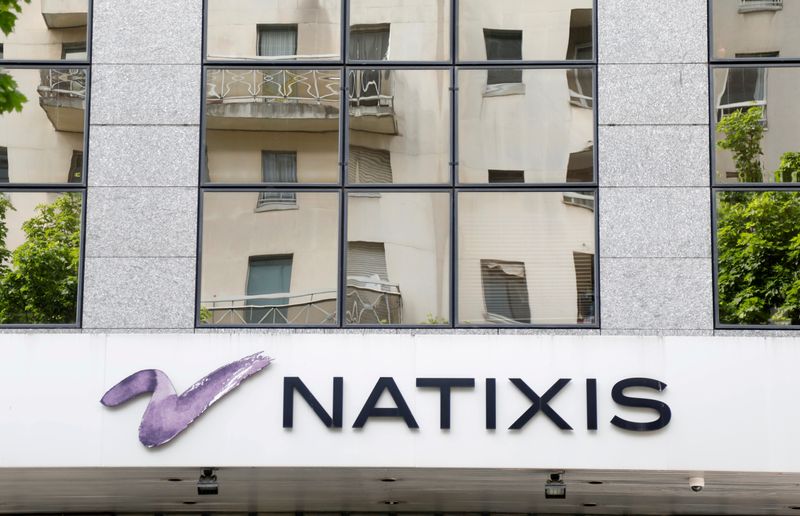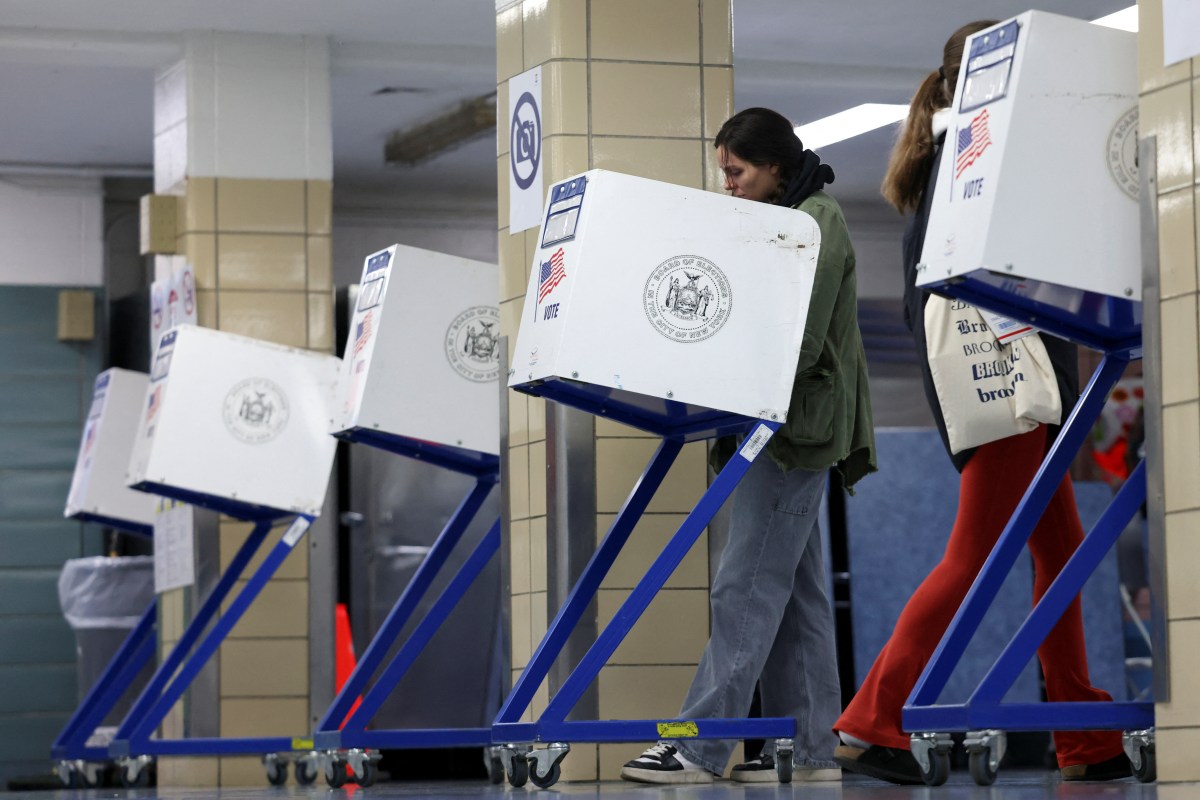PARIS (Reuters) – French investment bank Natixis will on Monday stand trial over accusations a statement about its financial strength it issued in 2007 on its sub-prime exposure was misleading.
Natixis was one of the French banks hardest hit by the crisis in 2007 when the collapse of bonds backed by poor quality mortgages – dubbed sub-prime – spread through financial markets.
Natixis eventually had to be rescued by its parent bank BPCE and was later restructured.
The trial, which will last until April 8, follows a complaint filed in 2009 by French shareholders association Adam on behalf of hundreds of retail investors, demanding investigations into Natixis’ financial communication from 2006, when the bank was listed, until 2009.
Prosecutors initially opened a probe over two statements Natixis released in July and November 2007 over its exposure to the subprime crisis.
Magistrates dismissed bringing a case based on the earlier one, and in 2019 ordered a criminal trial over the November filing.
The bank can be fined up to 7.5 million euros if convicted.
Natixis has denied any wrongdoing. It has said that the sub-prime crisis was unprecedented and that the bank had no way of anticipating the chain reaction of consequences it would unleash.
“Natixis considers it has provided the public, in all sincerity, all the information available on its exposure gradually as it was identifying the underlying risks”, the bank said in a statement in July 2019 after a magistrate ordered a trial.
The court can take several weeks or months before announcing a verdict.
Natixis’ CEO at the time was Dominique Ferrero, who has since left the bank.
Financial watchdog AMF also looked into whether Natixis misled investors during the 2007 sub-prime crisis and decided not to bring any charges against the bank.
(Reporting by Matthieu Protard; editing by Sarah White and Jason Neely)






















